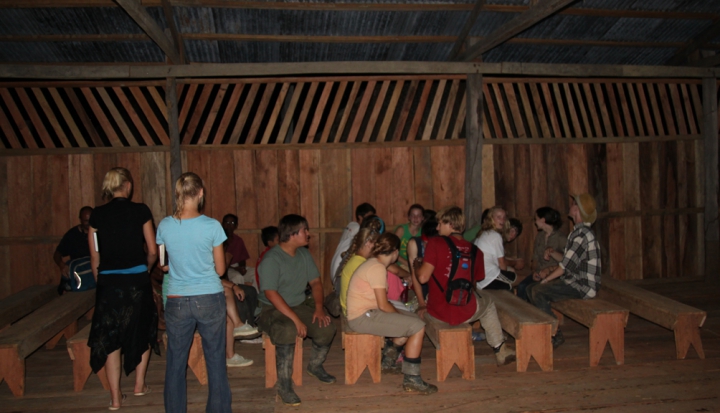Is your parish, school, or diocese planning a mission trip? Here are some recommendations to make it a better experience for all involved.
If you’re planning on taking a mission trip because you want to be a hero, please stay home. Mission offices, parishes, and schools across the United States need to stop sending poorly trained short-term mission trip groups looking to “save” the people in another part of the world. I don’t believe mission trip leaders have bad intentions, and I know that many of them sincerely want to help. But we need to eliminate this colonialist style of expeditions.
But that doesn’t mean we have to eliminate these efforts entirely. Here are seven ways to make your next mission worth the trip:
1. If you buy only one resource to improve trips, this is it: What about Short-Term Mission: A guide for leaders and participants of short-term mission experience (available at www.missiontomission.org). This guide provides goals and motivations for Catholic mission today based on mutuality. There are many practical suggestions and discussion questions to help groups prepare for trips and to learn what to do during and after the experience in order to remain faithful to long-term efforts of solidarity.
2. To foster efforts for social justice with your travelers and parish, partner up with other organizations already involved in such activities. JustFaith Ministries (www.justfaith.org) can provide you with materials to run a course on Catholic social teaching in your parish. Your group can also become a member of the national Christian organization Bread for the World (www.bread.org). There may also be some like-minded groups already at work in your diocese. All of these organizations can help your group maintain its commitment to solidarity long after the mission trip has ended.
3. To add spiritual, social, and cultural depth to your trip, read and discuss as a group Evangelii Gaudium (“The Joy of the Gospel”) by Pope Francis.
4. To help your trip participants learn to listen and dialogue better, check out the resources provided by Canadian Catholic mission society Scarboro Missions.
5. To help eliminate the cultural biases that sometimes skew our efforts, study the U.S. Catholic bishops’ guide Building Intercultural Competence for Ministers with your parish and mission trip group. The guide is available at www.usccbpublishing.org.
6. Consider high school and college programs/courses that promote global solidarity and/or longer term missionary work through your diocesan mission office. Check out the 200 mission/volunteer organizations located at www.catholicvolunteernetwork.org.
7. To foster long-term solidarity, consider starting a parish twinning program. Read more about how the Archdiocese of Cincinnati has built parish twinning relationships on our website.
In conclusion, my advice is simply this: Why not follow the example of our Lord Jesus and that of Pope Francis who both rejected heroic, paternalist, arrogant models of mission? Instead, like them, invite the Spirit of God to transform our hearts, minds, and souls to be open to the faith, gifts, talents, joy and yes, challenges of people of other cultures. Maybe we’ll become even more effective instruments of God’s love locally and globally, as we then work together in the body of Christ.
This is a web-only sidebar that accompanies “Heros not welcome” which appeared in the April 2015 issue of U.S. Catholic (Vol. 80, No. 4, pages 33-36).
Image: Flickr photo cc by Travis Fisher















Add comment